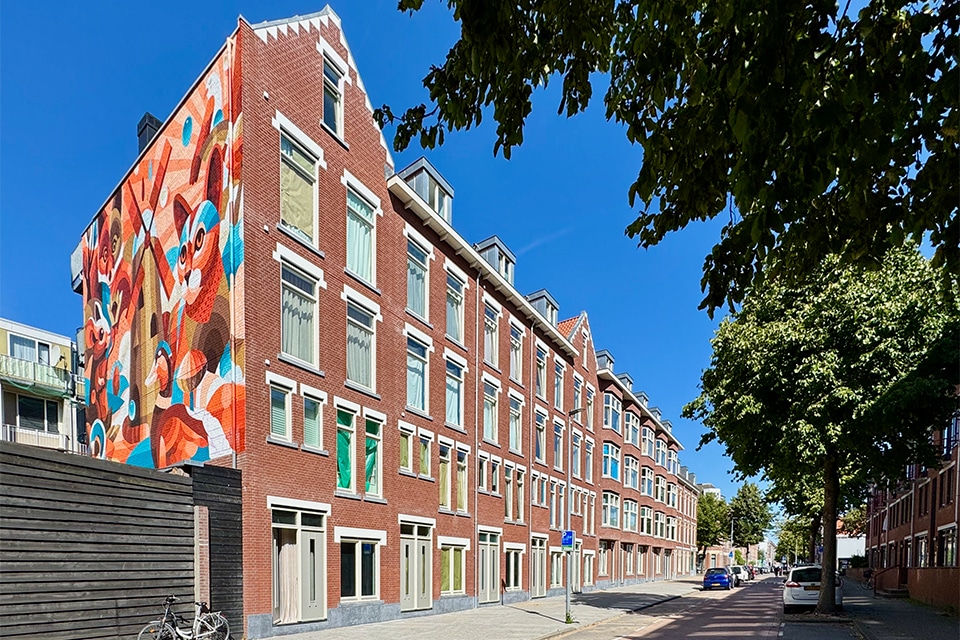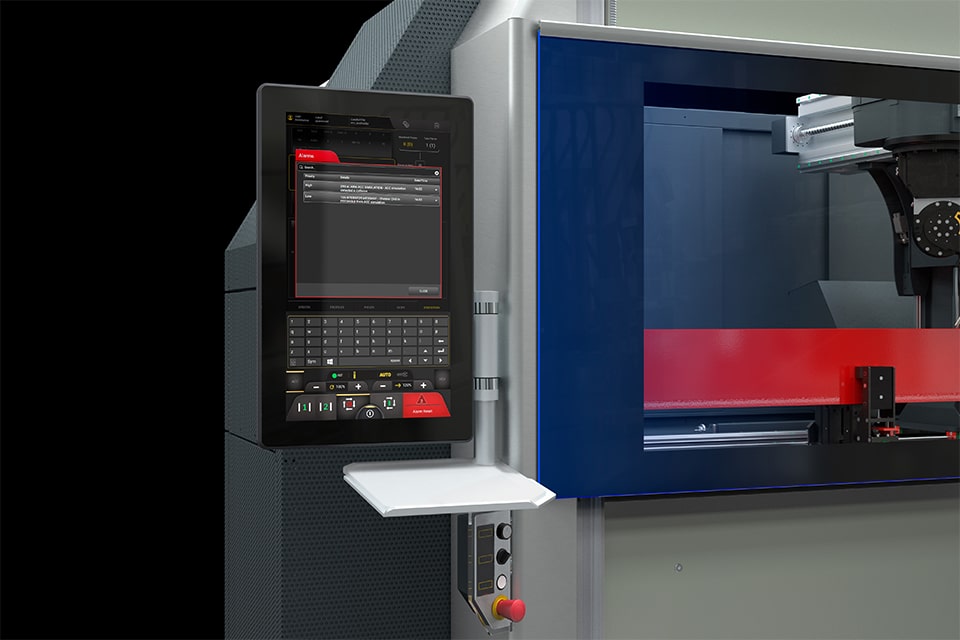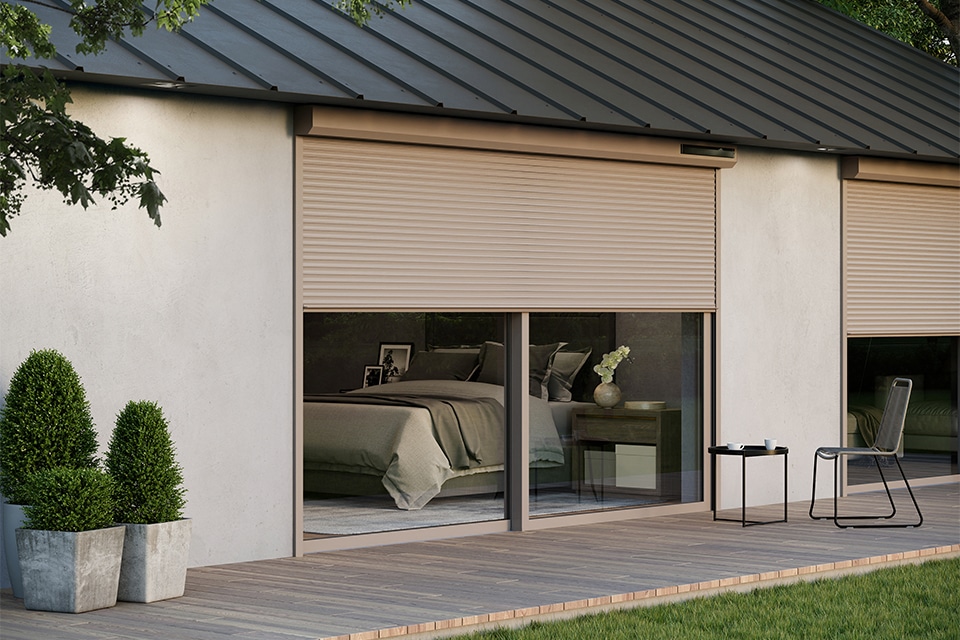
Tryma Machines offers the efficiency the market demands
As the supply of good workers becomes scarcer, the industry is looking for greater efficiency. Companies are now looking to invest in improvements to their own production lines. These challenges come almost daily to the plate of Dennis Koning, Sales Manager at Tryma Netherlands.
Tryma is a supplier and installer of machines and accessories for the production of windows and doors. Whether it's a standard machine or a complete production line, Dennis explains that Tryma always manages to find the right solution. "We've been doing this for years. We have unprecedented expertise in house but at the same time we understand very well the need of the market: more efficiency."

Companies, according to Dennis, are unwittingly losing a tremendous amount of time in their process. "The biggest savings in a production environment can usually be realized in logistics; the packing, putting away, transporting (and searching) of materials or products. This can be very well automated in both aluminum and plastic. The savings are often greater than that of a new machine tool. Various process steps can also be improved in many areas, for example the automatic application of seals or fittings."
Investing in a new production line or improving a manufacturing process takes time, Dennis says. "When we sit down, we first discuss the client's objective. Where does he or she want to be in five years? Based on that, we make a design of this new plant. We discuss this design with the customer so they can also contribute their own wishes and ideas. Together, we thus arrive at a plan of action and a phased investment plan to ultimately achieve the customer's objectives: the road to the 'ideal factory'."
"An automated factory without software doesn't run," says Dennis. "But software is also perceived as 'exciting' by many customers. We try to manage this in a positive way. That's why we work with all kinds of partners in automation. They quickly sit down with us at the customer's table. To ensure that machines are delivered working, we often take on the role of project leader. We speak the language of both the customer and the software supplier."

Looking ahead, Dennis sees that in the industry, mechanization and robotization are increasingly seen as a means to make business and production processes more efficient. "Large companies have started this battle in the production of windows and doors and that is definitely continuing. Whether you can achieve 100% efficiency? Certainly not, there is always something to improve. Technical developments and possibilities continue unabated." Tryma therefore also continues to monitor developments in the market and direct them where possible.
Tryma Machines can be visited at Polyclose. Booth number: 6135 (Hall 6). This is of interest to companies looking to optimize processes in any form.




